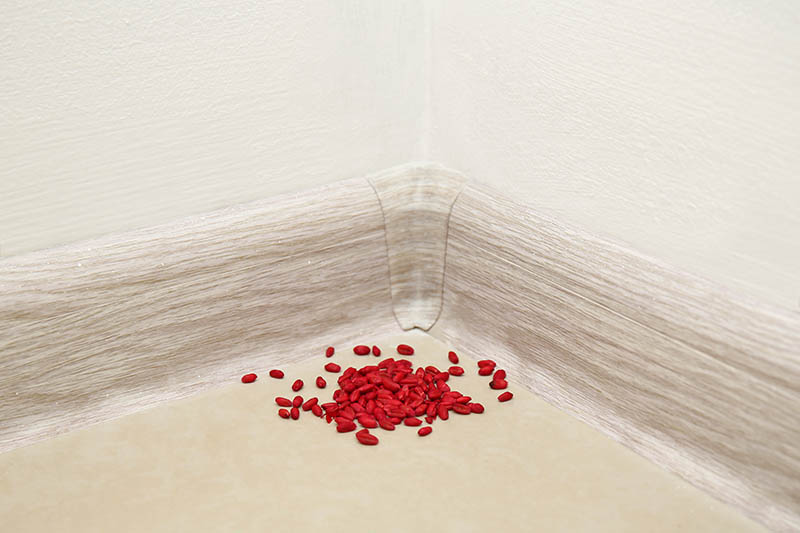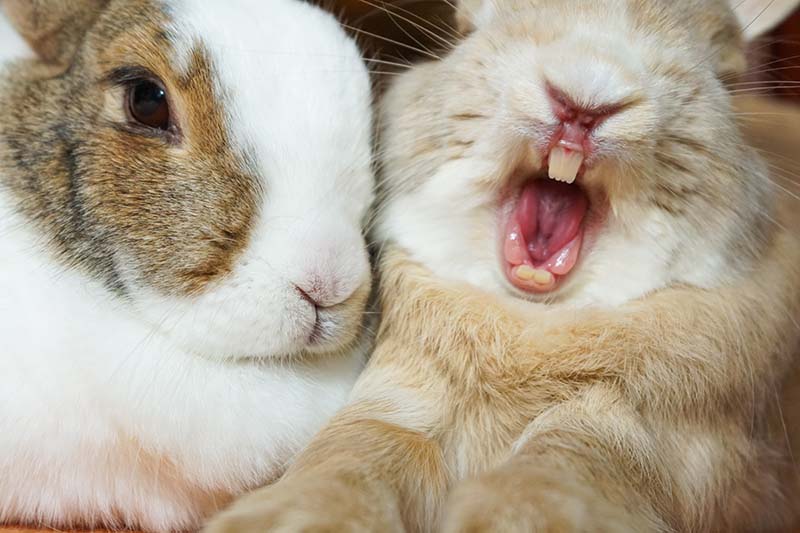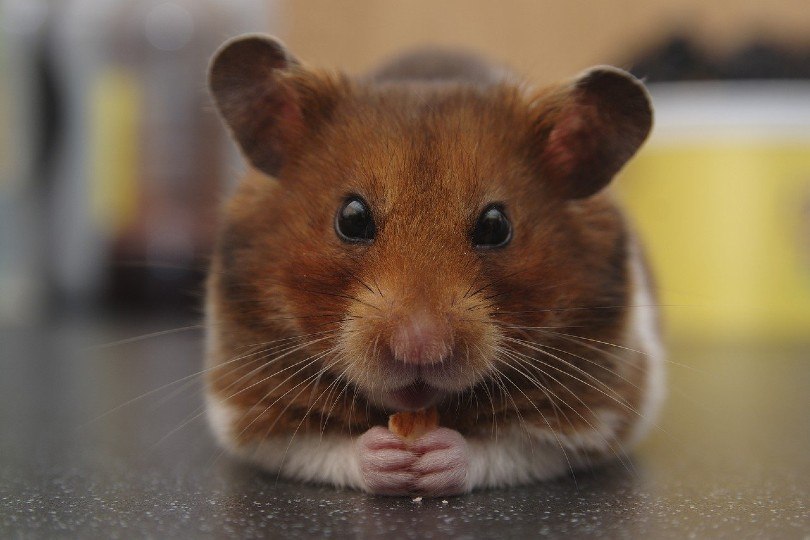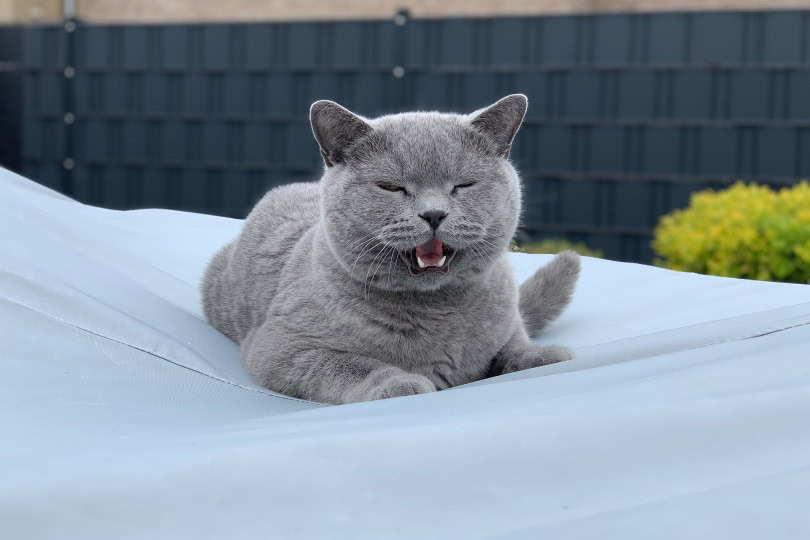VET APPROVED

The information is current and up-to-date in accordance with the latest veterinarian research.
Learn more »Click to Skip Ahead
Dealing with infestations of rats and mice can be extremely difficult to manage, sometimes requiring the assistance of a professional exterminator. Whether you rely on the services of a professional or you’re dealing with rodents on your own, rat poison may be something you want to use for quick and effective extermination.
If you have cats, though, it may have crossed your mind that rat poison might not be safe to have around them. Should you be worried about your cat eating rat poison? Absolutely. Cats can be attracted to rat bait, and poisoning does occur – often with fatal consequences. The safest approach is to avoid using rat poison in your home altogether. It’s always better to be safe than sorry.

Will Cats Eat Rat Poison?
Rodenticides, or rat baits, contain different active ingredients that work in various ways, but all are formulated with added flavors to make them more enticing to rodents. Unfortunately, these additives can also attract domestic animals, including cats and dogs. While some may assume that rat poison isn’t particularly appealing to cats, the risk is real, and accidental ingestion can happen.
It’s extremely important to always keep any poisons and toxins well out of the reach of your cat, even if you think they won’t try to eat it. Cats can be curious animals, so it isn’t out of the question that your cat might suddenly take an interest in playing with, licking, or eating rat poison, even if they haven’t paid any attention to it before.
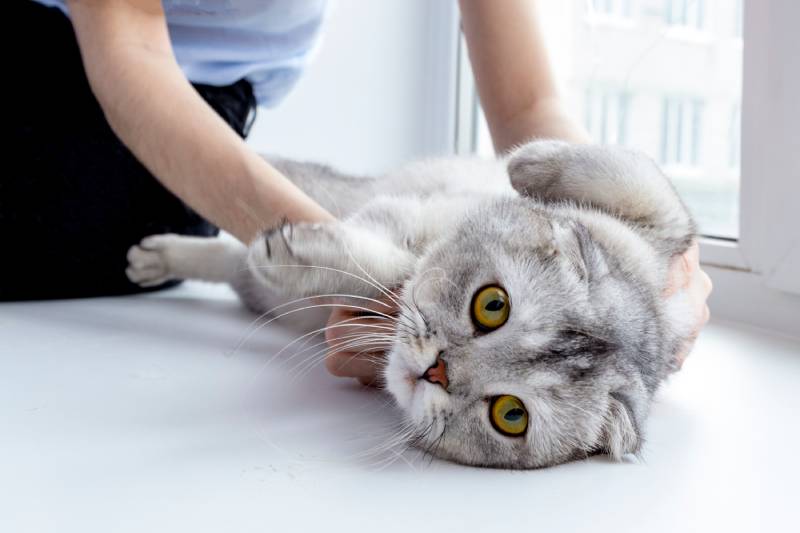
Is Rat Poison Dangerous if My Cat Doesn’t Eat It?
As previously mentioned, you should always assume that rat bait or any other toxins that are accessible to your cat pose a risk to them, even if you think they are unlikely to eat it. There is another huge concern with rat poison that many people overlook, though. Cats are avid hunters, and if you have an infestation of rats or mice, it’s very likely that your cat is not only aware of the infestation but an active participant in attempting to wipe out the rodents.
Cats don’t just catch prey, they may eat their prey. What this means is that if a rat has consumed rat poison and your cat consumes the rat, then your cat has been exposed to rat poison through ingestion. Even though your cat didn’t directly eat the rat poison, they still received however much the rat ate before it died.
Even if you only have rat poison in outdoor areas, there is a risk that an animal may consume the rat poison and then be consumed by your cat. This is just as dangerous to your cat as eating the rat poison itself.

Conclusion
Cats consume rat poison or rodenticides, and therefore, it isn’t safe to use these types of products around your cat. If a mouse or a rat consumes the rat poison and then your cat eats that animal, then your cat has been exposed to that rat poison.
If your cat has consumed or may have consumed rat poison or an animal that consumed rat poison, then it’s extremely important that you reach out to a pet poison control hotline and get your cat to a veterinarian as soon as possible for the best chance at avoiding life-threatening consequences.
Featured Image Credit: Africa Studio, Shutterstock
